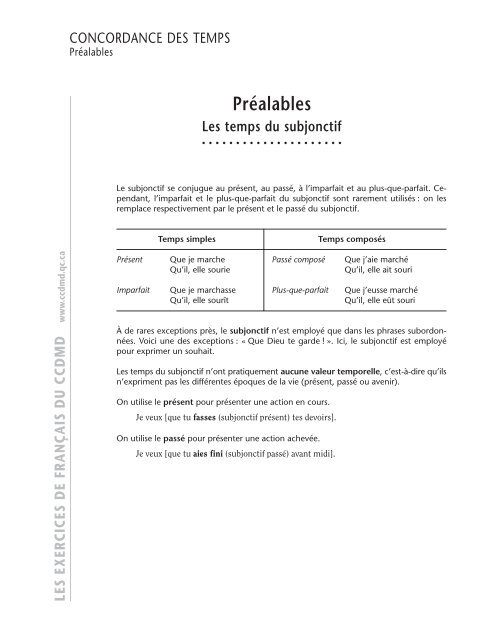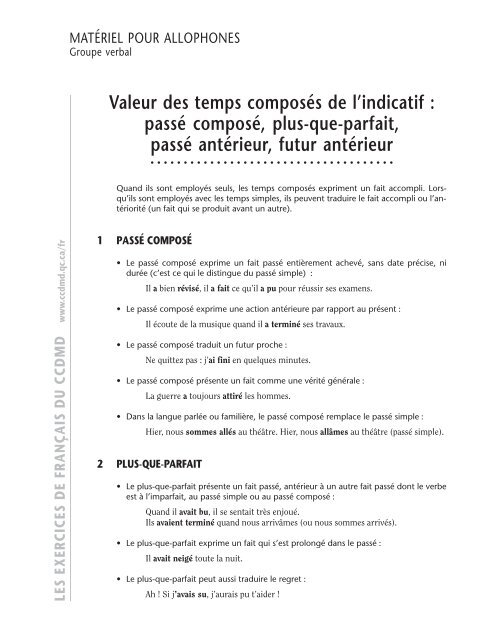
| Banks, money | Beginners | Betty's adventures | Bilingual dialogues | Business | Buying in a shop | Capital letters | Cars | Celebrations: Thanksgiving, new year. | Adjectives | Adverbs | Agreement/Disagreement | Alphabet | Animals | Articles | Audio test | BE, HAVE, DO, DID, WAS. Place an exclamation point at the end of each sentence.> LESSONS AND TESTS: Abbreviations and acronyms. The imparfait also occurs in idiomatic uses with depuis and venir de.įormulate wishes by using 'si' plus the imparfait and the subject indicated in parentheses. Tex: Si seulement je pouvais avoir une moto!įor other uses of si + imparfait, see si clauses + conditional.

Listen to the difference in intonation between these two sentences: In spoken French, however, you have to rely on context and intonation to distinguish between wish and suggestion. Note that the question mark at the end of the sentence indicates a suggestion, and the exclamation mark a wish. Tammy: If only my parents would lend us some money! Tammy: Ah, si (seulement) mes parents nous prêtaient de l'argent! Tex: Si (seulement) on avait plus d'argent! This week!' The French equivalent structure, si + imparfait, may, or may not, contain the adverb seulement: The imparfait is used to express wishes such as ' If only we didn't have a test Tex: What about buying a Harley Davidson? (note: 'on' is often used in the sense of 'nous') Tammy: Si on achetait une grosse Suburban?

The imparfait is used to suggest an action in phrases beginning with Si on.

The imparfait also has several idiomatic uses found in the following contexts: The imperfect tense ( l'imparfait) has two primary uses: to describe on-going actions or states of being in the past, and to state habitual actions in the past.


 0 kommentar(er)
0 kommentar(er)
